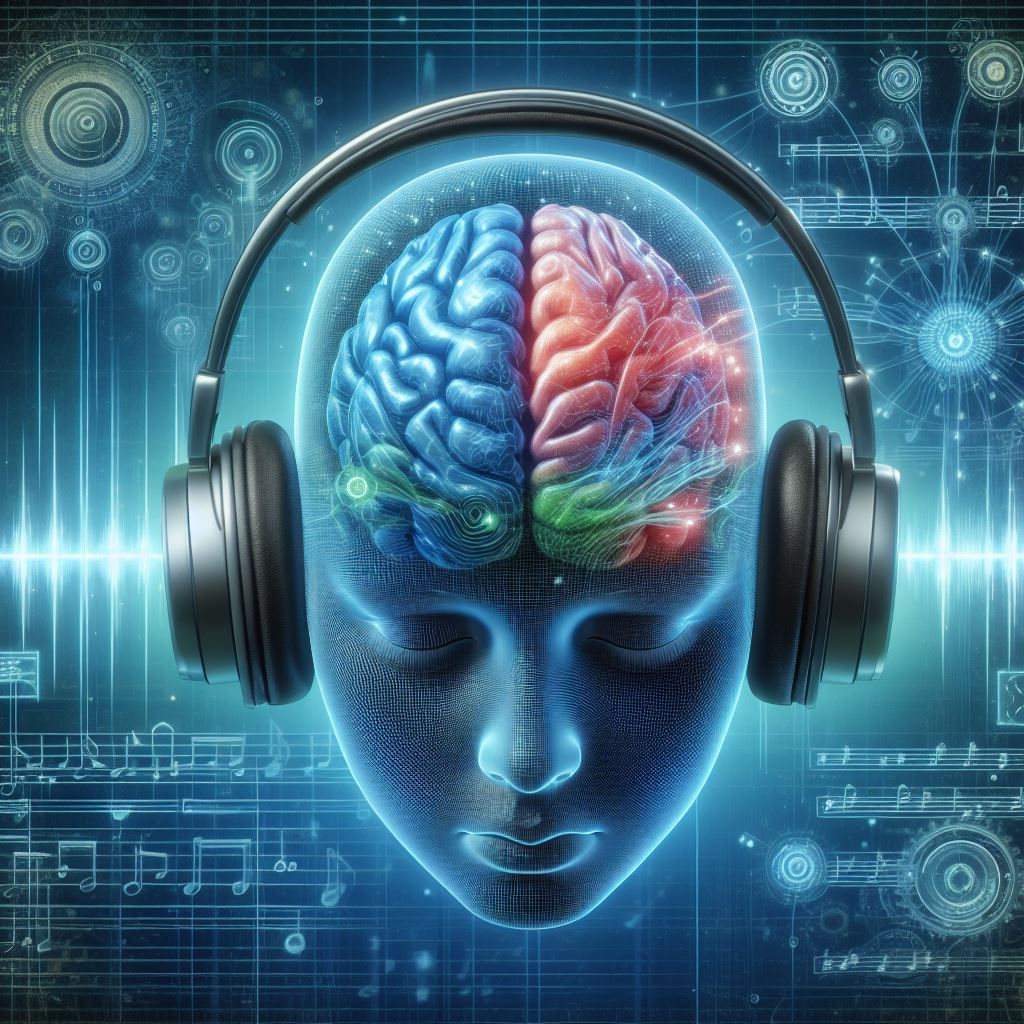Scientists at The University of Texas at Dallas’ Centre for BrainHealth have disclosed the revolutionary effects of binaural beats (BB) on language abilities.

Scientists at The University of Texas at Dallas’ Centre for BrainHealth have disclosed the revolutionary effects of binaural beats (BB) on language abilities. Binaural beats, a phenomenon occurring when two slightly mismatched pure tones are heard, have sparked a surge in interest as a non-invasive neuromodulation technique to elevate cognitive performance.
Published recently in Cerebral Cortex, the study, titled “Neural Consequences of Binaural Beat Stimulation on Auditory Sentence Comprehension: An EEG Study,” spearheaded by researchers in the Speech, Language, and Music (SLAM) Lab, delves into the neural underpinnings of enhanced sentence comprehension through BB stimulation at beta and gamma frequencies. This research builds upon their groundbreaking behavioral studies and offers a novel perspective on the potential of binaural beats.
With a cohort of 60 participants, the experiment employed electroencephalography (EEG) measures to record neural activity. Each participant was randomly assigned to one of three listening groups exposed to differing frequencies (18-Hz beta BB, 40-Hz gamma BB, or pure-tone baseline) embedded in music.
The participants first underwent a sentence comprehension practice session, followed by a 10-minute stimulation phase during which the frequencies were played. Subsequently, the language comprehension task phase was initiated to assess the impact of binaural beats on cognitive performance.
Results from the study revealed a significant enhancement in accuracy and quicker response times during the comprehension task for participants exposed to 18-Hz beta binaural beats, particularly in processing complex sentences. Additionally, there was a notable increase in neural entrainment following exposure to the beta frequency, suggesting a reduction in the processing burden during subsequent sentence comprehension.
Dr. Yune Lee, the lead investigator, Assistant Professor at the School of Behavioral and Brain Sciences, and Director of the Speech, Language, and Music (SLAM) Laboratory, expressed the significance of this research.
“This is the first neuroimaging study that elucidated the effect of BB on language processing at the neural level. Minimal exposure to beta frequency binaural beats resulted in significantly higher accuracy and faster language response times compared to control sounds. Furthermore, these results have implications for the potential use of BB in treating developmental language disorders.”
The findings open new avenues for understanding the neural mechanisms underlying the impact of binaural beats on cognitive processes. The ability of 18-Hz beta binaural beats to improve comprehension, particularly in the realm of complex sentences, suggests a potential application in educational and therapeutic settings. The study’s innovative approach, combining music, neural stimulation, and language tasks, underscores the multi-faceted nature of cognitive enhancement research.
Experts in the field believe that these findings may pave the way for the development of targeted interventions for individuals struggling with developmental language disorders. By harnessing the power of binaural beats, researchers envision a future where non-invasive neuromodulation techniques could play a pivotal role in enhancing language skills and addressing cognitive challenges.
As the scientific community continues to unravel the mysteries of the human brain, studies like these provide a glimpse into the potential of cutting-edge technologies to reshape the landscape of cognitive enhancement. The integration of binaural beats into cognitive interventions marks a promising step forward, offering hope for those grappling with language-related difficulties and laying the groundwork for future advancements in neurological research and treatment.